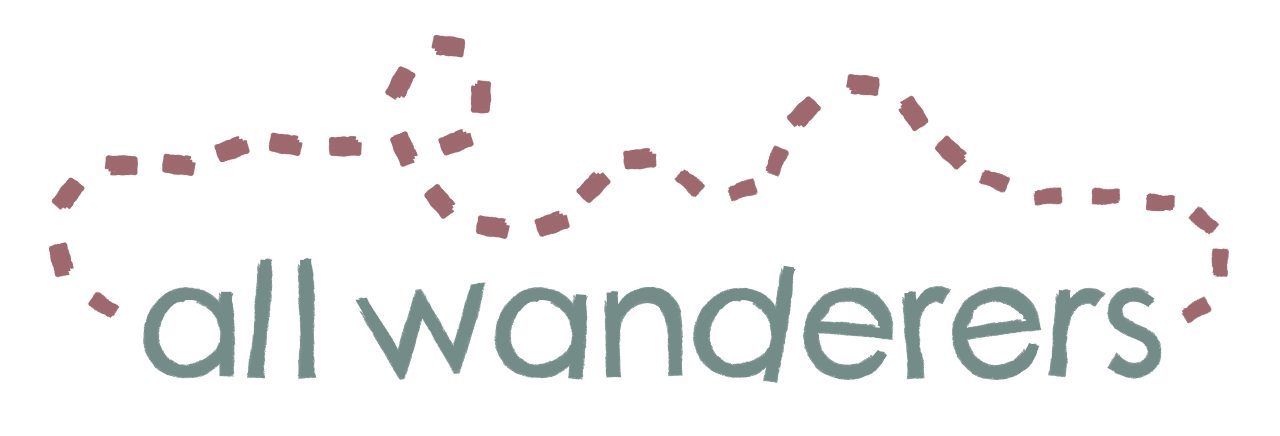Now Live
“I thought that there were two rules in life —
never count the cost and never do anything unless you can do it wholeheartedly.
Now is the time to live.”
For some time, it's been quite difficult for me to write.
Writing is reflecting and between wrapping up a chaotic semester at school, navigating the heart-wrenching realities of untimely loss, and processing the unfolding present of health crisis, social distancing, and a world seemingly gone mad, I didn't much want to reflect. Yet, after some time in the parched desert of isolation we've all been forced into by this pandemic, it's clear that reflection is exactly what we're called to do in moments of turmoil such as this.
As I have allowed myself (or been forced by circumstance) to ruminate on this time of isolation and often despair, separation and often fear, crisis and often anxiety, what has been brought into sharp focus is the fact that this pandemic has done a damn fine job of revealing the shape and substance of our lives in all its beautiful contours and bilious disappointments. Social distancing, enforced isolation, job insecurity, and resource shortages that define our circumstantial present seem not that far a cry from the social and personal landscapes that we have broadly constructed for ourselves - or, as the case may be, have had constructed for us.
Even for a reluctant cynic like myself that seems harsh. But it begs exploration or, at the least, explanation.
Despite my sweeping declaration, I won't cast this aspersion on anyone but myself. As I come to terms with the reality of spending day in and day out separated from the wider world, there is a vague familiarity to its structure. Surely there are added stresses and concerns, an aching for familiar sights, and a pining for connection with others. Yet, upon closer inspection, a life spent scrolling through pictures on my cell phone, flitting through emails on my laptop, bingeing Netflix on the couch, interspersed with bathroom breaks and meals I don't bother to taste as I half-watch HGTV while distractedly checking Twitter and having a conversation with my wife as the cat howls out the window in a sort of reflected impression of our collective psyche seems unsettlingly like an adrenalized expansion of the life that I was living before this pandemic brought the world to its knees and brought me to the mirror of my own shadowy impression of living.
I want desperately to be alone in this... but I fear that I am not.
And I haven’t even touched the context that could be added with more sweeping analysis regarding resources, waste, “preparedness”, work structure, worker safety, and profiteering…
In a recent half-hearted appeal for connection with the world, I shared a quote from Thomas Merton with the added suggestion: "When all of this is over, don't let everything be the same."
While Merton's quote spoke of the significant opportunity for discovery and fulfillment even in loneliness, it is a quote by the lonely wanderer Everett Ruess that has echoed in my heart as it has pumped the fear of a life unlived through my veins:
"...it is impossible to be sincere to all of one's self at once," he said. "So for the deepest understanding one must seek those with whom one can be most truly one's self and never be blind to the ineffable drollery of it all.”
At the moment, the ineffable drollery is all that we have. There are no illusions or sporadic rushes of life and beauty and engagement and discovery to cut through the fog of the mundane and repetitive and anesthetizing. No, we have to let our living do that.
Ruess himself vanished one day from a lonely trail in the canyons of Utah. He left behind a few binders full of letters and poems and block prints of the world in inky silhouettes.
He left a dark challenge to the sleepy world, "... while I am alive, I intend to live."
So in the spirit of Abba Ruess and that of Christ who called the world to life and life abundant, I'll echo my earlier appeal and direct it more intentionally.
Don't let everything be the same.
// Peace

